Skeletal trucks are essential tools within the transportation industry, primarily designed for the efficient transport of containers and cargo. Unlike traditional trucks, skeletal trucks feature a minimalist frame that provides significant advantages in terms of versatility, durability, and operational efficiency. In this article, we will delve deeply into the various aspects of skeletal trucks, including their design, applications, advantages, and maintenance tips.
Understanding Skeletal Trucks
What is a Skeletal Truck?
A skeletal truck is a specialized type of semi-trailer truck characterized by its lightweight frame that supports top-loading containers. The design’s simplicity—essentially a chassis with minimal bodywork—allows for easy loading and unloading, making these vehicles a favorite among logistic companies engaged in container transport.
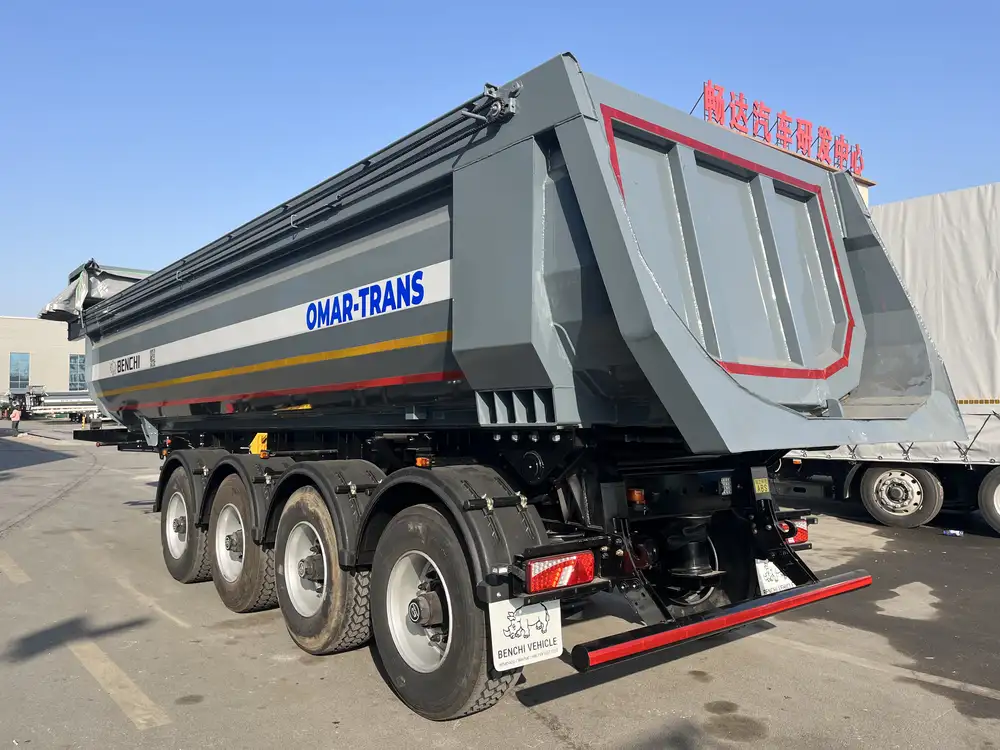
Main Components of a Skeletal Truck
| Component | Description |
|---|---|
| Chassis | The skeletal structure that supports cargo containers and provides structural support. |
| Axles | Typically equipped with two or more axles for stability and load distribution. |
| Suspension | Advanced systems ensuring a smooth ride, critical for safe container transport. |
| Landing Gear | Essential for stabilizing the trailer during loading and unloading operations. |
| Frame | Lightweight construction material, often using high-strength steel to minimize weight while maximizing load capability. |
Applications of Skeletal Trucks
Skeletal trucks play a pivotal role in various sectors. Here’s a breakdown of their key applications:
1. Container Shipping
Skeletal trucks are predominantly used for transporting shipping containers. Their design allows for easy stacking and unstacking of containers, significantly streamlining operations at ports and shipping yards.
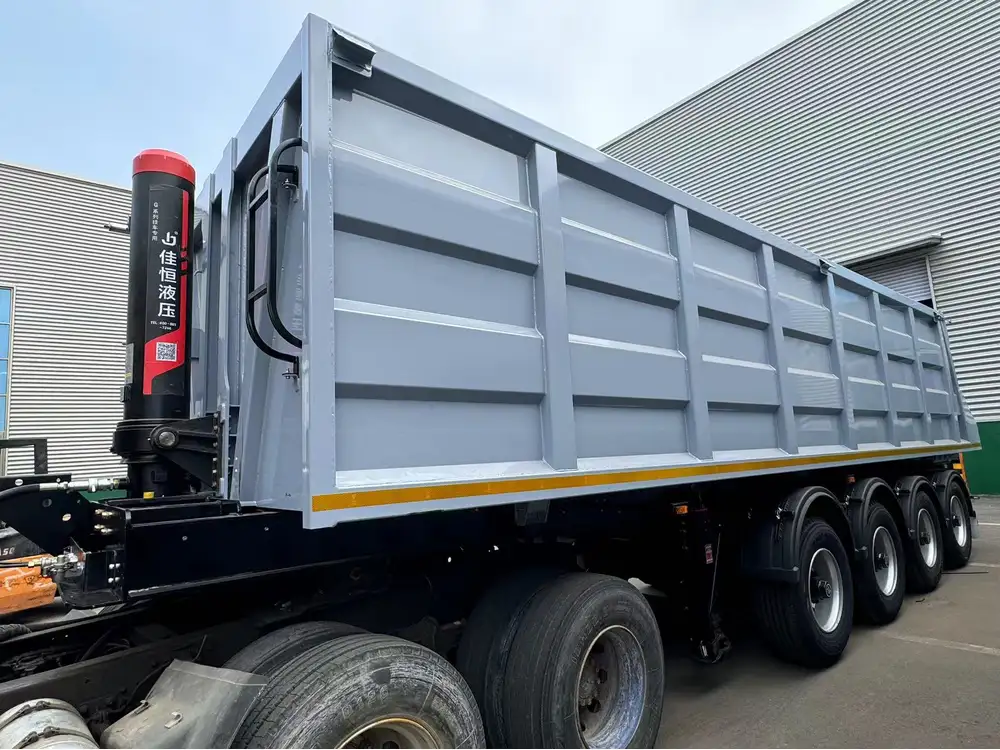
2. Intermodal Transport
In intermodal transport—which involves transferring cargo across different modes of transportation—skeletal trucks provide a seamless link. They can transport containers from ship to rail or road without needing to unload the cargo.
3. Distribution in Retail
Retail operations utilize skeletal trucks for effective distribution of goods from warehouses to retail locations. The trucks can carry various container sizes to meet diverse retail needs.
4. Construction and Equipment Transport
Skeletal trucks can cater to the transport of construction equipment and large tools. Their adaptability to different cargo types makes them indispensable in construction logistics.
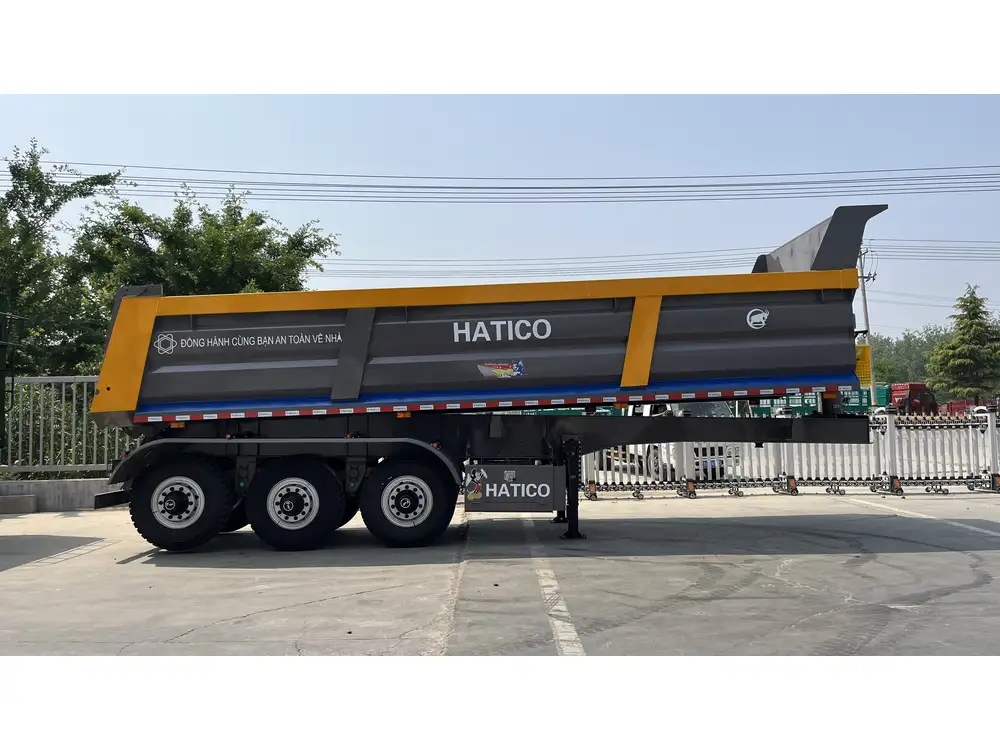
Advantages of Using Skeletal Trucks
The efficiency and functionality of skeletal trucks derive from several advantages:
1. Lightweight Design
The minimalist structure of skeletal trucks allows for carrying heavier loads compared to traditional trucks, reducing fuel consumption and increasing payload capacity.
2. Versatile Usage
Their ability to accommodate various sizes and types of containers makes skeletal trucks suitable for multiple industries, from shipping to logistics.
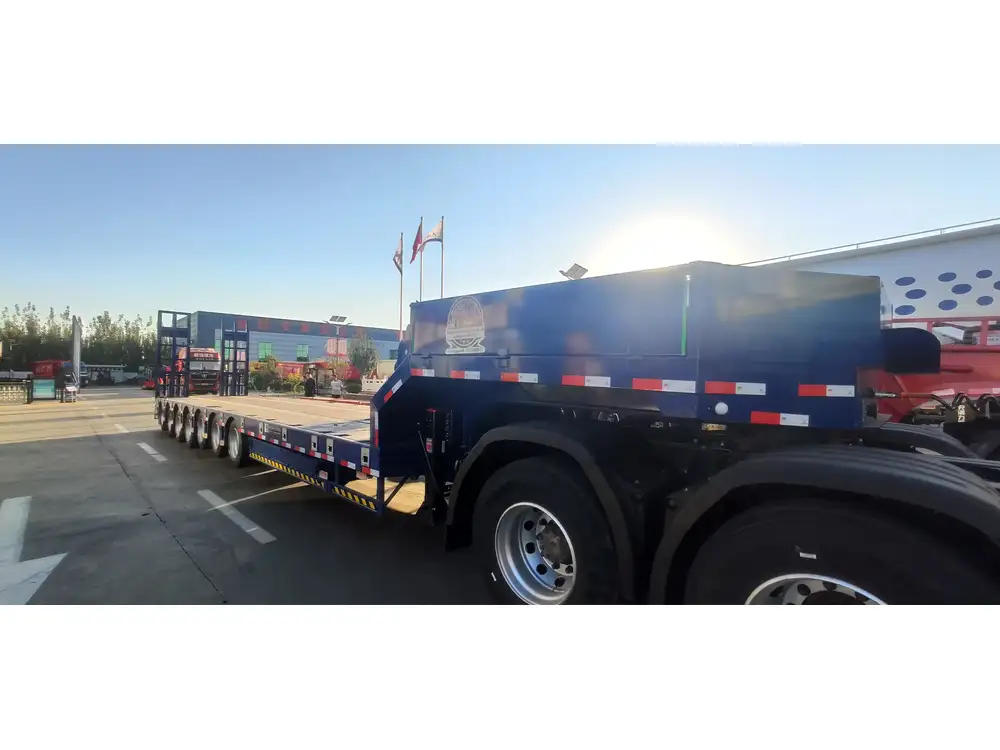
3. Cost Efficiency
The combination of reduced fuel consumption, increased load capacity, and lower maintenance costs means that skeletal trucks yield a high return on investment for businesses.
4. Enhanced Maneuverability
Skeletal trucks, often equipped with advanced steering mechanisms, enable easy navigation through congested areas, which is critical in urban distribution.
Choosing the Right Skeletal Truck
When purchasing a skeletal truck, several critical factors should be considered to ensure you make the right investment:
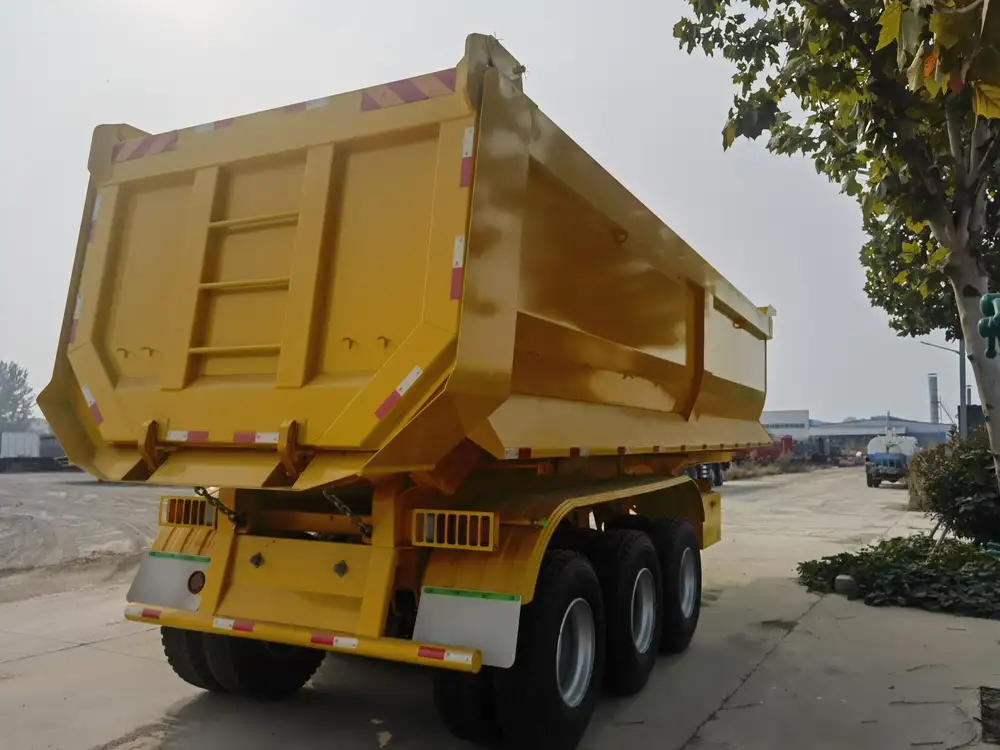
1. Purpose of Use
Assess the specific needs of your operations. Are you focused mainly on container transport, intermodal applications, or a mix? This will guide you in selecting the appropriate specifications.
2. Weight and Capacity
Evaluate the Gross Vehicle Weight Rating (GVWR) and payload capacity. Ensure that the skeletal truck can handle your heaviest loads without compromising safety.
3. Build Quality
Inspect the materials used in the truck’s construction. Higher-strength steel or aluminum typically enhances longevity and performance under heavy loads.

4. Suspension System
Select a skeletal truck with a suitable suspension system that can handle your cargo loads efficiently while providing comfort during transportation.
Maintenance Tips for Skeletal Trucks
Proper maintenance is essential for ensuring the longevity and optimal performance of skeletal trucks. Here are seven key maintenance tips:
1. Regular Inspections
Conduct regular inspections of the truck’s frame, axles, and suspension systems to identify wear and tear early.
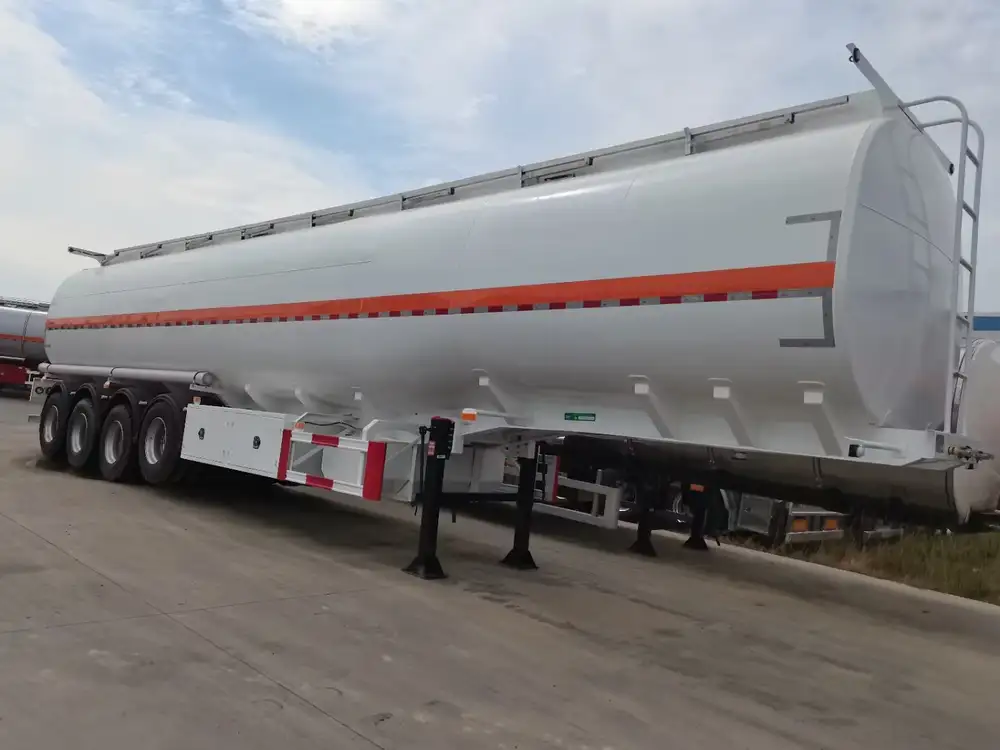
2. Tire Maintenance
Check tire pressure and tread regularly to ensure safety and fuel efficiency. Uneven wear can lead to reduced performance.
3. Brake Checks
Frequent inspections of the braking system—both for performance and wear—are critical for safety. Replace worn components immediately.
4. Lubrication
Maintain all joints, pivot points, and sliding components properly lubricated to prevent rust and decrease friction, ultimately extending the truck’s life.

5. Electrical System Checks
Regularly inspect and test the electrical systems, including lights and signaling, to comply with safety standards.
6. Cleaning
Keep the truck clean, especially from road salt and debris, to prevent corrosion and deterioration of steel components.
7. Compliance with Regulations
Stay informed about and compliant with local and federal transportation regulations to avoid fines and ensure safe operations.
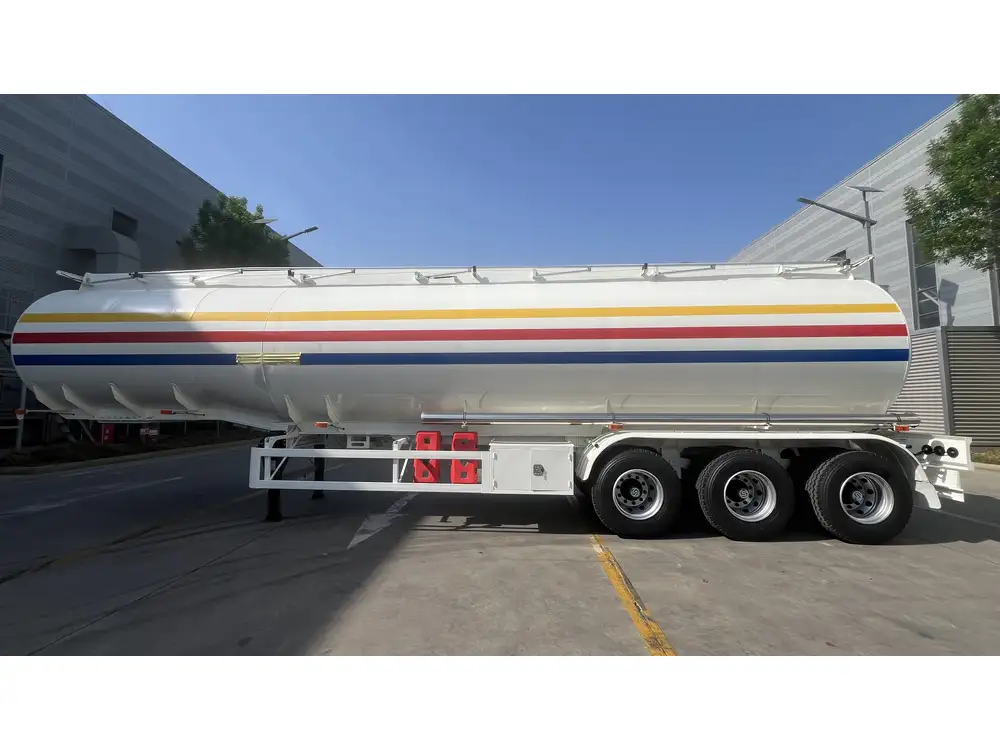
Addressing Common Questions Related to Skeletal Trucks
How Much Weight Can a Skeletal Truck Carry?
The payload capacity of skeletal trucks can vary significantly based on their design and materials. On average, most skeletal trucks can incorporate a payload ranging from 30,000 to 60,000 pounds, depending on the specific configurations and limitations set by regulatory authorities.
Are Skeletal Trucks Suitable for Long-Distance Travel?
Yes, skeletal trucks are designed to handle long distances efficiently due to their lightweight construction, which reduces strain on the engine and enhances fuel economy. However, it’s imperative to ensure adequate maintenance to avoid any breakdowns during lengthy travels.
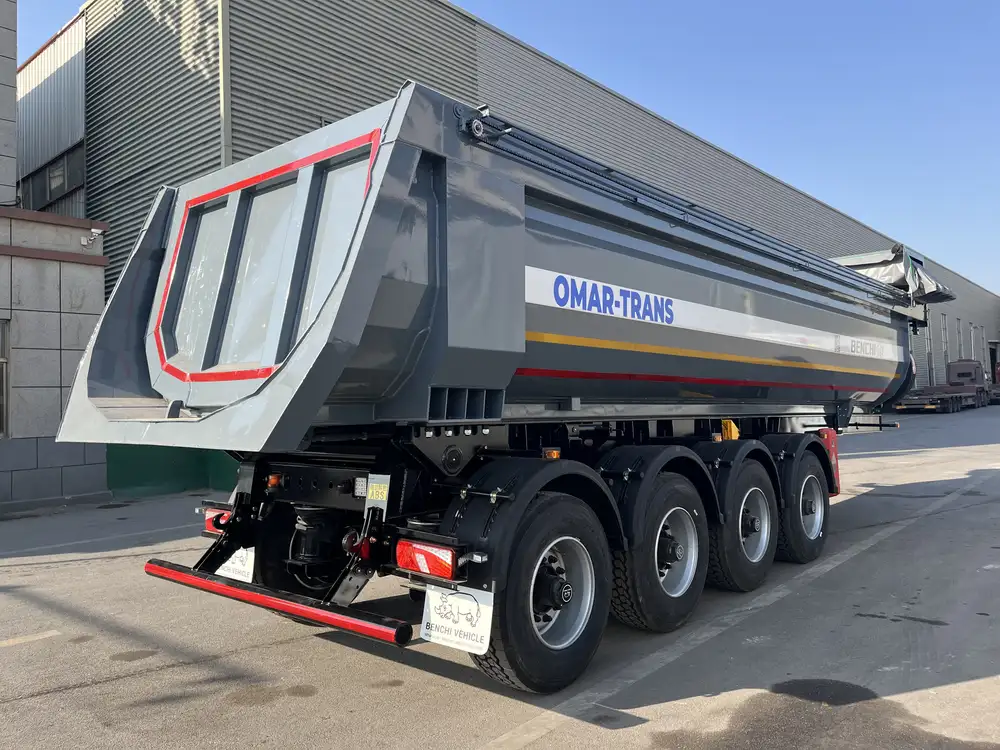
What’s the Average Lifespan of a Skeletal Truck?
The lifespan of a skeletal truck can average between 10 to 15 years, depending on the quality of construction, frequency of use, and adherence to maintenance schedules. Regular inspections and timely repairs can extend this lifespan significantly.
Conclusion
Skeletal trucks are revolutionizing the transportation landscape, offering unmatched versatility and efficiency for container handling and intermodal logistics. Understanding their design, usage, maintenance requirements, and the advantages they offer can significantly enhance your operational capabilities.
Choosing the right skeletal truck tailored to your business’s specific needs is critical, and maintaining it correctly will ensure optimal performance and longevity. Embrace the future of logistics with a skeletal truck and experience the advantages that come with enhanced maneuverability, reduced operational costs, and increased payload capacity.
By addressing user concerns and providing comprehensive insights, we aim to empower logistics professionals to make informed decisions in their transportation strategies, ultimately leading to improved efficiency and profitability in their operations.



